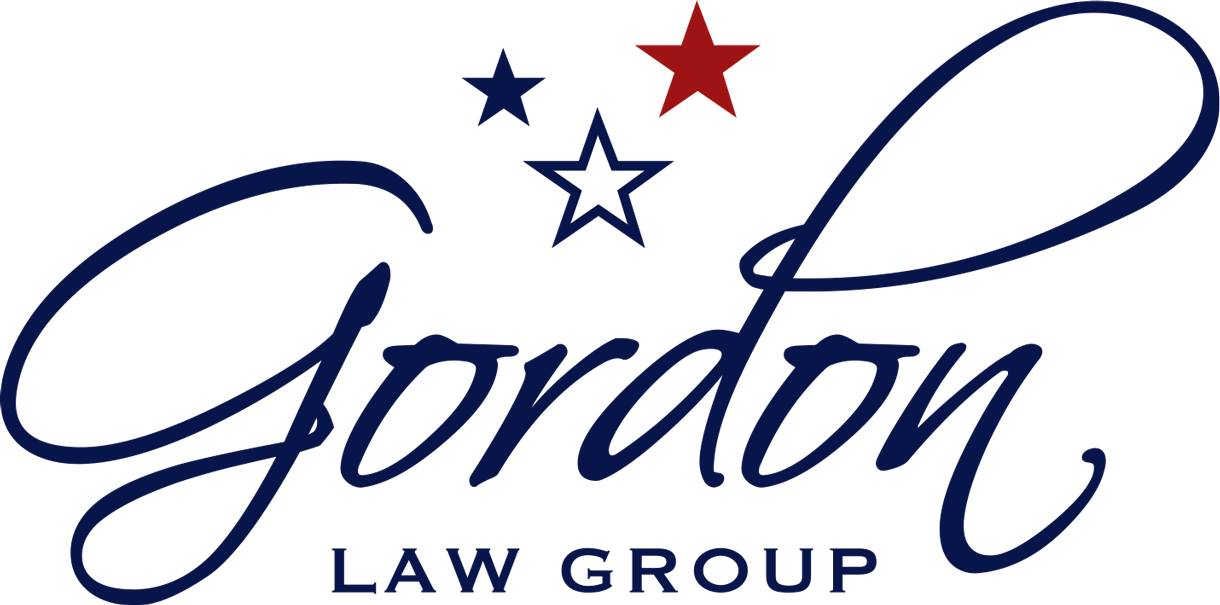Estate planning is more than simply creating a will. It arranges your affairs and finances so things happen as you wish after you die — or even, in some cases, when you’re still alive.
Written By Janet Berry- Johnson
SOURCE: INSIDER
When you hear the word “estate,” you might think of mansions, huge stock portfolios, art and antiques, and other pricey possessions like cars, yachts, and fine jewelry. The things high-net-worth individuals, especially elderly ones, own and leave behind them after they die.
But estate planning isn’t just for the ultra-wealthy or the very old. Everyone, regardless of financial status or age, can benefit from having an estate plan — assuming you have assets to leave and people to leave them to.
What is estate planning?
Your estate is essentially everything you own, including your home or other property, car, bank accounts, investments, life insurance, furniture, and personal possessions.
An estate plan gives you a say in how those things are given to the people or organizations you care about. It arranges your affairs and leaves a written record of your wishes and intentions. It indicates how you want your property, belongings, cash, and financial assets distributed.
If you don’t make these decisions and designations while you’re alive and able, state law and probate courts will make them for you after you’re gone. And the results might not reflect your desires or suit your family’s needs.
Here are five major reasons why estate planning is important, and how it benefits you and your survivors.
1. Estate planning goes beyond a will
Many people think of a will and an estate plan as the same thing. They’re not.
Both will and estate plans provide instructions for how your goods and assets should be handled after your death, but estate planning encompasses much more. It can also include:
- Durable powers of attorney to appoint individuals to make medical and/or financial decisions on your behalf you’re unable to provide instructions yourself
- Medical directives to outline the kinds of medical treatment you want (or don’t want) if you become incapacitated
- Beneficiary designations to explain who should receive money from life insurance policies, annuities, retirement accounts, and other financial accounts
- One or more trusts to facilitate passing property to your heirs and potentially provide tax benefits for both you and your beneficiaries
2. Estate planning saves time and money
When you die without a will, this means you have died “intestate,” and the laws of the state where you live and own property determines what happens to your assets and who gives them away. The probate court will name a representative to distribute your assets. In many cases, the surviving spouse gets the job. If you don’t have a surviving spouse and no other close family member is willing or able to do the job, the court will name a public trustee to distribute your assets according to state law.
While all of this is going on, no one can touch your assets or carry out your directives. They’re frozen until the court system combs through every detail of your estate, applies state laws, pays off debts, and makes decisions about how to allocate your assets.
The probate process involves paperwork and court appearances by lawyers, and the estate pays their fees. It can be time-consuming, taking months and even years, especially in big cities or affluent counties. Given the legal bills, it can end up being quite costly for surviving family members.
You can significantly reduce the time and expense of dying intestate by estate planning. Specifically:
- Creating a will that names an executor of your estate
- Making sure all your investment accounts (IRAs, 401(k)s, other brokerage/bank accounts) have correct, living beneficiaries. These designations render bequests in a will unnecessary
3. Estate planning avoids big taxes
One reason estate planning is often associated with the super-rich: estate taxes.
Admittedly, federal estate taxes typically only impact the ultra-wealthy. That’s because the estate tax exemption is $11.7 million per person (or $23.4 million for a married couple in 2021, meaning only people who die with assets valued above that sum pay federal estate taxes.
However, state estate and inheritance taxes can be another matter.
Estate taxes are assessed on and paid by, a deceased person’s estate. Inheritance taxes are assessed on and paid by the deceased’s heirs and beneficiaries. In some cases, the estate can arrange to pay inheritance taxes on their behalf.
As of 2020, twelve states and the District of Columbia impose an estate tax, and six states impose an inheritance tax — and the thresholds for these can be much lower than those for federal taxes. For example, Massachusetts and Oregon tax estates valued at more than $1 million. In Nebraska, heirs may pay inheritance tax on anything over $10,000 (depending on their relationship to the decedent).
Also, the current federal estate tax exemption is slated to drop drastically in 2026: to $5.49 million per person, adjusted for inflation. If you have a family business to bequeath, a six-figure life insurance policy, or property likely to appreciate, your taxable estate could well reach that figure.
There are ways to ensure your property passes onto your heirs without the state or federal government taking a big slice of it first: You can set up trusts, make irrevocable gifts, or establish joint accounts. All these effectively remove assets from your estate. But you need an estate plan to execute these moves.
4. Estate planning protects children
If you die without a surviving spouse to take care of your children and other dependents, who will get custody of them?
Without an estate plan, the probate court will appoint a legal guardian/conservator for them — typically, a family member, such as a grandparent, as the guardian. Alternatively, a third party, such as a family friend, can petition the court to be appointed as the guardian. If a minor child has no surviving family members and a third party doesn’t step forward, the child could become a ward of the state and enter the foster care system.
If you want a say in deciding who will care for your child in the event of your death, you need to identify that person in your will. It’s also a good idea to name an alternate guardian just in case something happens to your first choice.
5. Estate planning takes care of you, too
Estate planning doesn’t just come in handy once you’re dead.
It can also include a durable power of attorney and healthcare proxy – two important legal documents that ensure your wishes will be carried out if you’re temporarily or permanently incapable of handling them.
A durable power of attorney appoints a trusted relative or friend to manage your legal and financial affairs if you can’t manage them independently. A healthcare proxy gives someone permission to make healthcare decisions for you if you can’t communicate them yourself.
Without these directives, also known as a “living will,” it could get complicated determining who among your loved ones is in charge and is legally allowed to take action. In the worst-case scenario, someone the court appoints or a hospital staffer unfamiliar with your wishes may wind up making decisions for you.
The financial takeaway
Estate planning isn’t only for the rich, and it doesn’t have to be an overly complicated or expensive process. An experienced estate-planning lawyer, also known as a trusts and estates attorney, can work with you to create an estate plan customized to your needs, financial affairs, and family situation.
The sooner you get started, the better. But remember that an estate plan is only effective if you keep it current. Review your plan regularly – or after major life changes like marriage, divorce, or a death in the family. Keep an eye on changes in tax laws or other financial legislation too. If your estate plan is out-of-date, your heirs could still encounter some of the problems you tried so hard to avoid.











